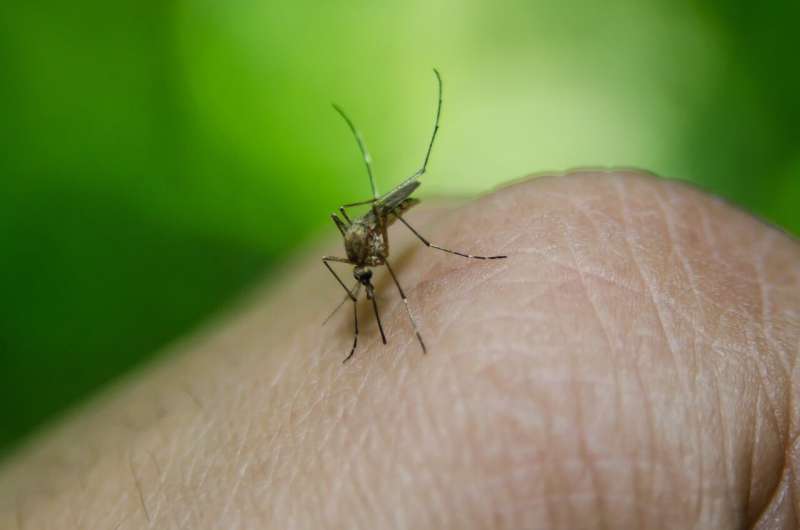Global Analysis Reveals Men Are More Susceptible to Common Diseases and Less Likely to Seek Medical Care

Recent global research highlights significant gender disparities in health outcomes, revealing that men are more prone to certain illnesses and less likely to access healthcare services. The study, led by Angela Chang from the University of Southern Denmark, analyzed data across multiple countries focusing on three prevalent conditions: hypertension, diabetes, and HIV/AIDS. The findings indicate that males experience higher rates of these diseases and associated mortality compared to females.
The research underscores that men are often less engaged in preventive health measures and less inclined to seek medical attention, which can exacerbate health risks. In many nations, differences between males and females were observed at various stages along the health pathway—ranging from exposure to risk factors through diagnosis, treatment, and outcomes. For instance, males in multiple countries had less diagnosis and treatment for hypertension, diabetes, and HIV/AIDS.
Additionally, the study found behavioral patterns contributing to these disparities: higher smoking rates among men, greater obesity prevalence among women, and varying sexual health behaviors. Public health experts emphasize the need for targeted strategies that encourage men to participate more actively in preventive care and health services.
The researchers advocate for enhanced collection of sex-disaggregated health data, which is critical to identifying gaps and designing equitable health policies. As Professors Kent Buse and Sarah Hawkes of Global 50/50 suggest, analyzing health data through a gender lens reveals where health journeys diverge and guides more effective, socially-just interventions. Angela Chang stresses that without detailed sex-based data, health systems remain blind to critical disparities and are less effective in reducing health inequities. Moving forward, integrating gender-sensitive approaches into healthcare can help address these persistent differences and improve health outcomes for all.
Source: https://medicalxpress.com/news/2025-05-males-sick-common-diseases-global.html
Stay Updated with Mia's Feed
Get the latest health & wellness insights delivered straight to your inbox.
Related Articles
Innovative Small Molecule Shows Promise in Treating Acetaminophen-Induced Liver Damage
A novel small molecule showing promise in reducing liver damage caused by acetaminophen overdose could revolutionize treatment options for inflammatory liver injuries and related conditions.
Understanding Brain Growth in Aging: What Recent Research Reveals
Recent neuroscience studies reveal that certain parts of the brain may increase in size with age, highlighting the brain's adaptive capacity and challenging traditional views of neurodegeneration. Learn how lifelong activity influences brain health in older adults.
Understanding Dengue Fever: Risks, Symptoms, and Prevention
Learn about dengue fever, its symptoms, transmission, and effective prevention strategies to stay safe in endemic regions.
Study Finds Exercising Outdoors in Nature Enhances Mental Well-Being and Physical Recovery
A new study reveals that exercising in natural environments significantly improves mental health, reduces stress hormones, and accelerates physical recovery compared to urban or indoor workouts. Incorporating outdoor activity into weekly routines can boost overall well-being.



